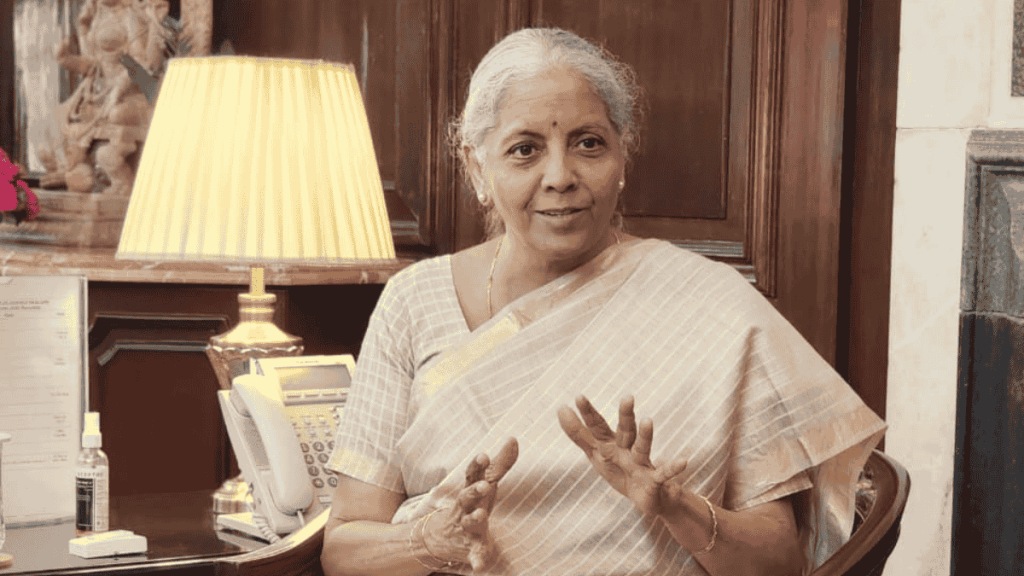The GST new rate has resulted in lower taxes on more than 375 items. This is expected encourage spending and boost consumption. In an exclusive interview with Financial Express, Finance Minister Nirmala Sitharaman said that the government is lowering taxes on essentials with the objective to boost revenge buying.
How Govt plans to maintain buying momentum?
While answering a question on how the government plans to ensure that “revenge buying” continues, FM Nirmala Sitharaman said, “We are reducing the tax on most items that are periodically consumed by people. These are items purchased in a recurrent manner. So that itself will ensure the cycle will continue.”
Government targets recurrent consumption to drive demand
Highlighting the GST cuts on cars, motorcycles, and other products, which are expected to boost consumer sentiment, Sitharaman added, “If a car is bought by a household maybe once in 15 years, there could be more people who can buy a car now.”
On September 3, while announcing the GST Council meeting decision, FM Sitharaman announced the reduction of GST from 28% to 18% on small cars, as well as on motorcycles with engine capacity equal to or less than 350 CC.
Rs 48,000 crore GST loss expected to be neutralized this financial year
She referred to analyses made by economists and said, “Many economists, including former chief economic adviser Arvind Subramanian, feel the net revenue impact of lower GST rates could be much higher than the official estimate and could last longer…”
Responding to this, she said that the revenue impact will not be offset immediately but should be neutralized in the current financial year on the back of increased spending in both urban and rural areas during the festive season. “I am not saying the revenue impact will be offset immediately. But largely, the net revenue loss of Rs 48,000 crore that we have estimated should get offset in the current financial year itself,” Sitharaman said.
“I have stated my number, but will have to keep my fingers crossed about how long it takes for the hit to be fully neutralized. In India, there is also a cycle for purchases. As soon as the crop is sold off, rural purchases get a leg up. Similarly, the festive season often sees higher consumption in both urban and rural areas,” Finance Minister added.
FM Sitharaman to monitor tax pass-through
In the exclusive interview with Financial Express, she responded to another concern regarding the upcoming GST reform—whether the tax cut will be passed on to consumers. Replying to a question on whether there is any monitoring mechanism to ensure that tax cuts are passed on, FM Sitharaman said, “I will personally monitor it from September 22, getting inputs from the district level, associations, MPs, etc. Once the information reaches us, we will engage with those who have not passed on the benefits to consumers. We are engaging with the industry to ensure that they give a commitment in this regard.”
What is revenge buying?
Revenge buying refers to a sudden surge in consumer spending, usually after a period when people were unable or unwilling to shop. The last major instance occurred after lockdowns during the Covid-19 pandemic, due to quarantines, business closures, and other restrictions. Another factor that often discourages people from buying is inflation or high prices of goods.

